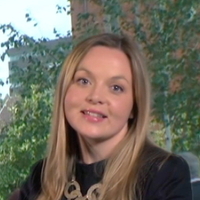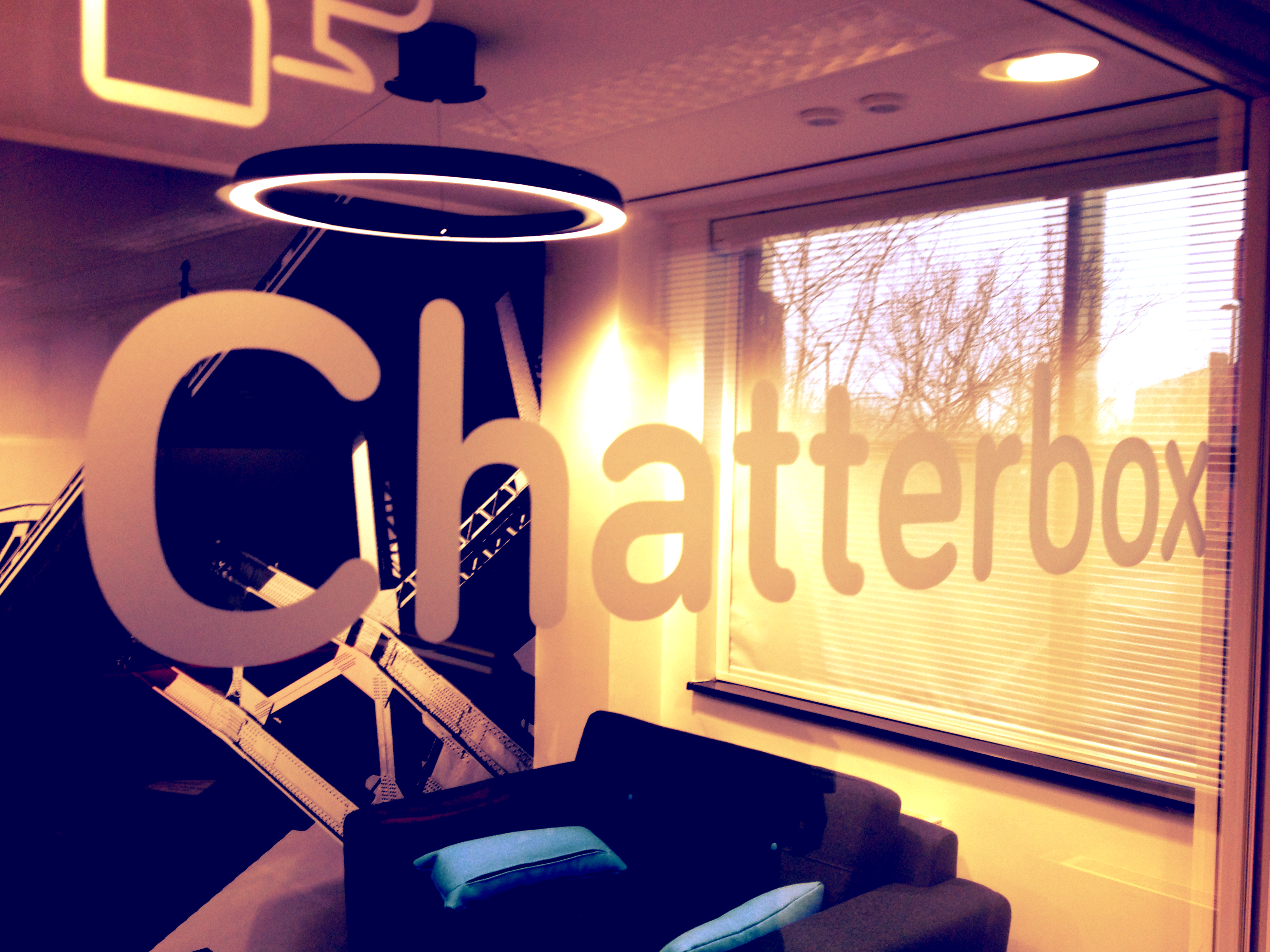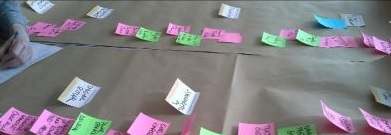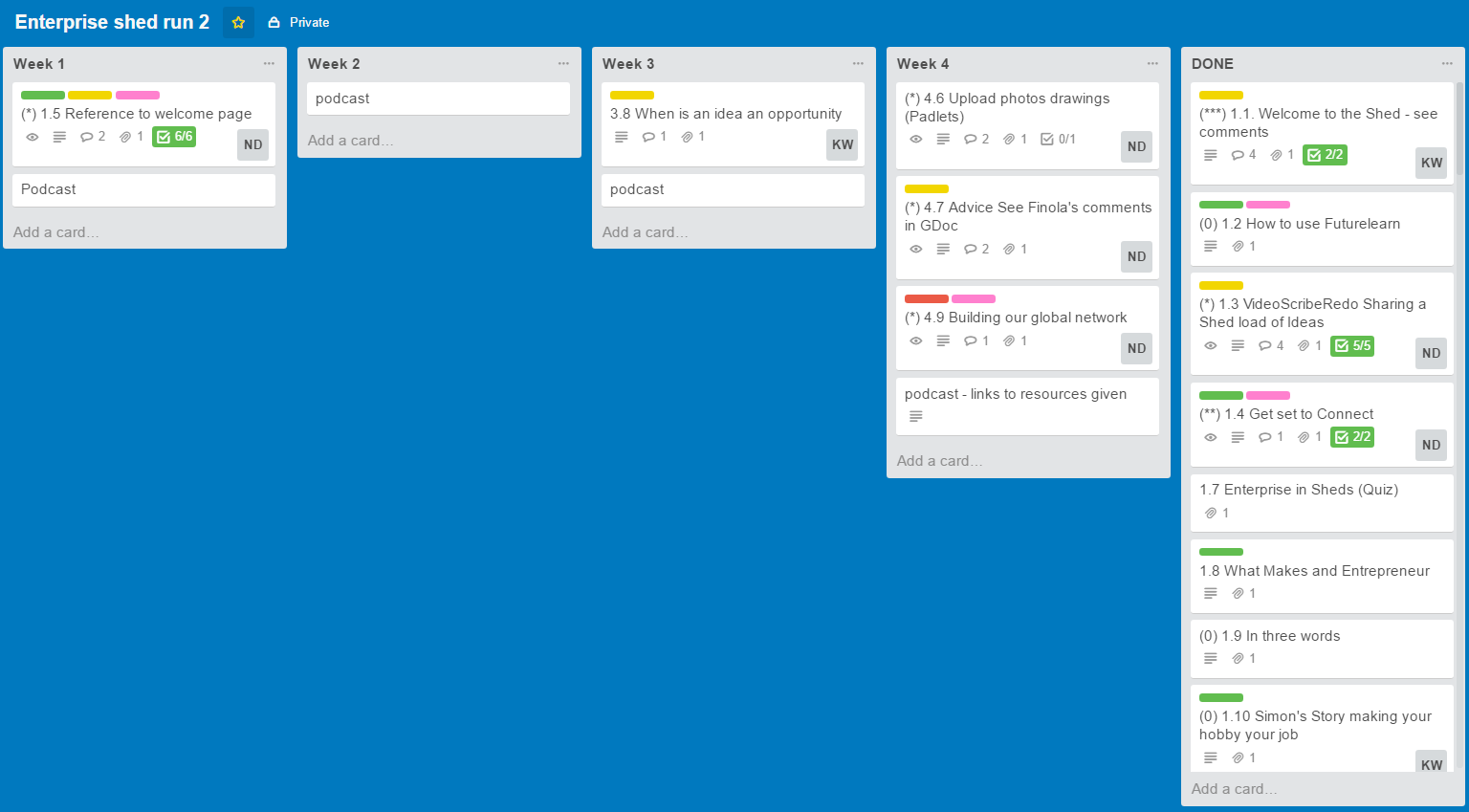The start of a new year is always a great time to consider problems you would like to solve and changes you would like to make.
On 23 January 2017, Newcastle University opens The Enterprise Shed: Making Ideas Happen, our free online course, to a new group of learners. The four week course recreates the creative atmosphere of a shed – or any other place where you do your best thinking and doing. It promises to be a great place for you to work on those new year challenges and ideas.
Here, Katie Wray, Lead ‘Sheducator’, explains why you should all be joining her in The Enterprise Shed.

Enterprise and entrepreneurship at a grassroots level
Firstly, let me unpack ‘enterprise’. For me, enterprise is about making creativity, problem solving and ideas practical. This makes it relevant across all areas of education, not just business. Where enterprise is applied to creating a new venture, it is commonly known as ‘entrepreneurship’.
The Enterprise Shed challenges a variety of definitions of the entrepreneur, and looks at enterprise and entrepreneurship at a grassroots level. On the course, you will be introduced to a whole bunch of entrepreneurial individuals and teams, not all of whom refer to themselves as ‘an entrepreneur’.
How to make change in your own context
We are committed to exploring this question with you throughout the course, supporting you to draw your own conclusions about how you can make change in your own context.
Our other commitment is to exploring your ideas – collecting insights into what a solution looks like and helping you to turn that idea into something tangible. Finally, we are committing to developing your network, through which you can share your ideas, and put them into action once the course has finished.
That’s where you come in. This course is about you; it is about your role, through your ideas, in creating change. There are three main reasons why you should join us in The Enterprise Shed:
- Develop confidence in yourself as a “doer”
You will do this by analysing the behaviours of other entrepreneurial people who you will be introduced to on the course. You will draw conclusions about the way that they “do” and what you might “do” when approaching your own challenges, problems and projects.
- Address problems you want to change
You will do this through identifying problems, sharing them with others, creating and collaborating on ideas generation, and developing solutions together with peers on the course.
- Meet people and build networks
We will do this by forming virtual networks around the globe, which can outlive the end of the course. You will meet people that share your passions and drivers to make change in your world, find out where you can go for help, and collaborate to achieve impact.
The Enterprise Shed is not just a course, but a place where you can go to think, and critically, to do.
If you’d like to make your ideas happens, join The Enterprise Shed now or join the conversation using #FLentshed.






